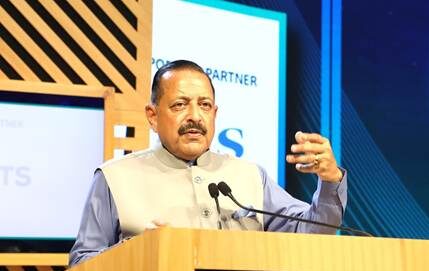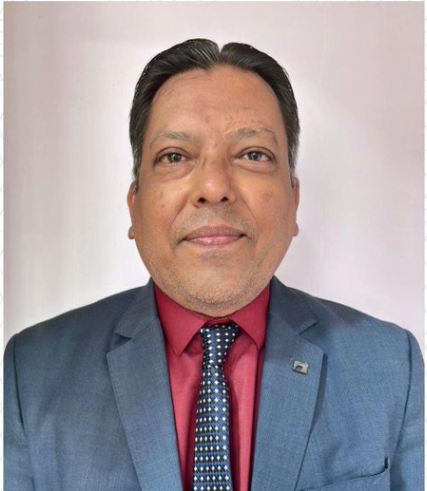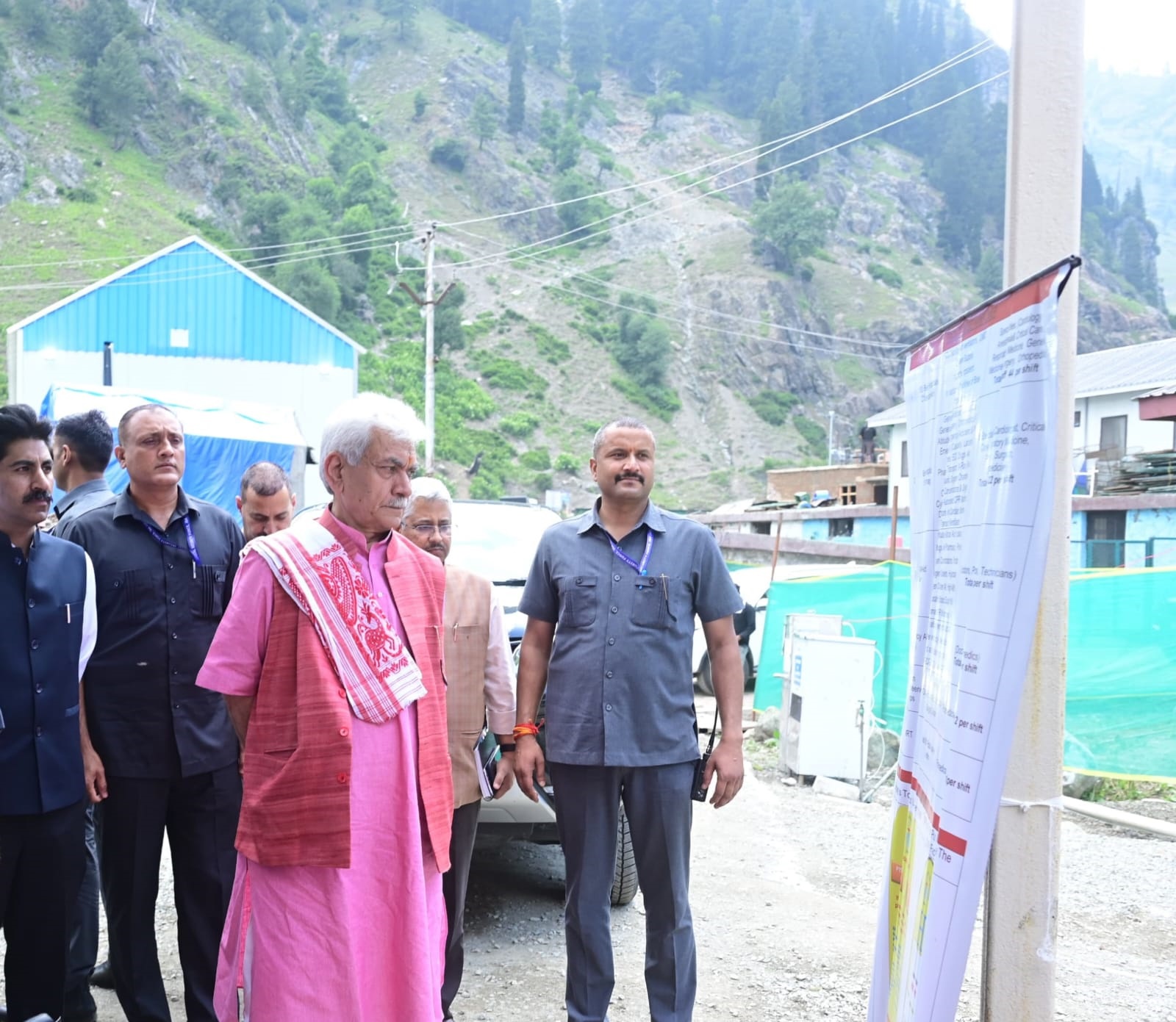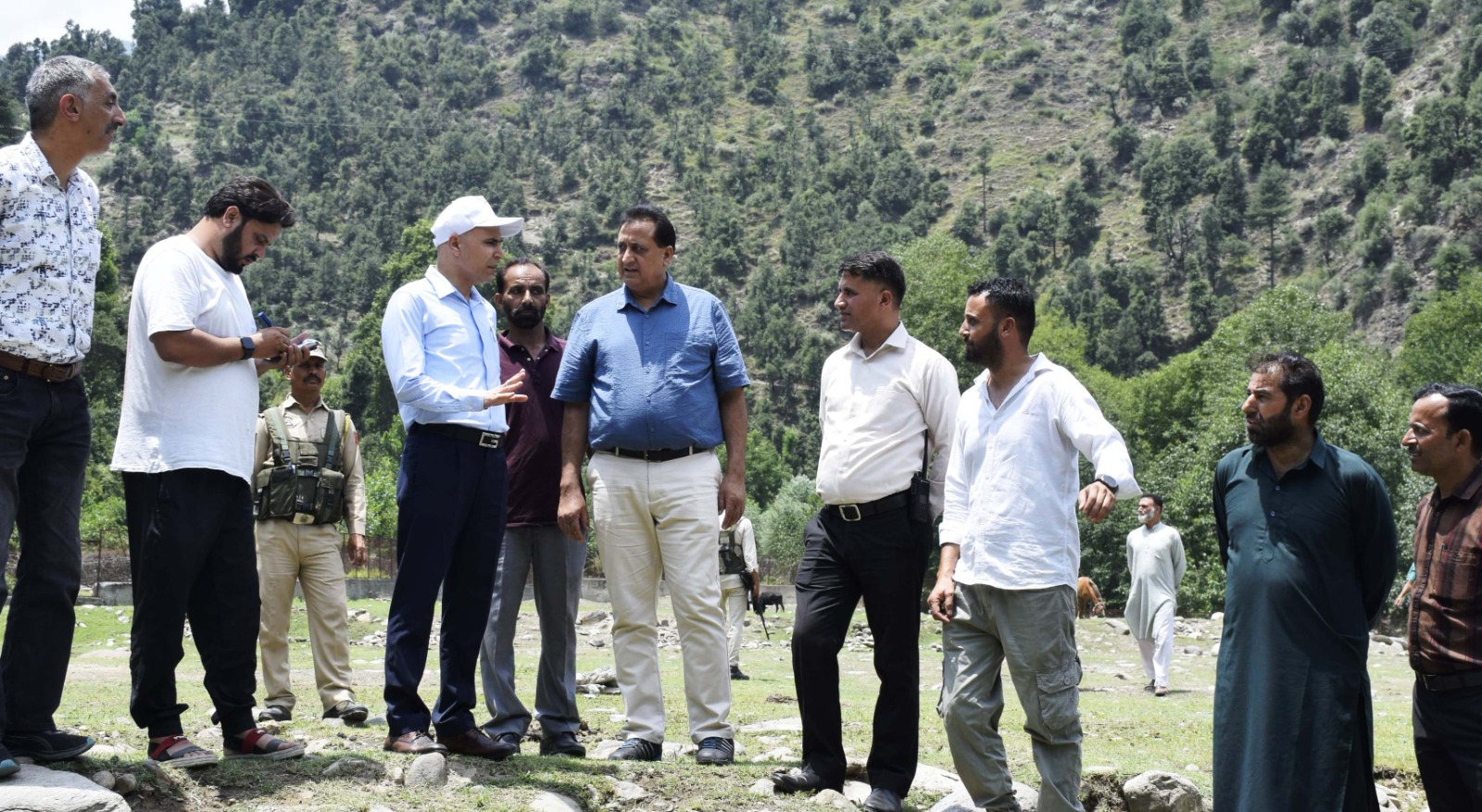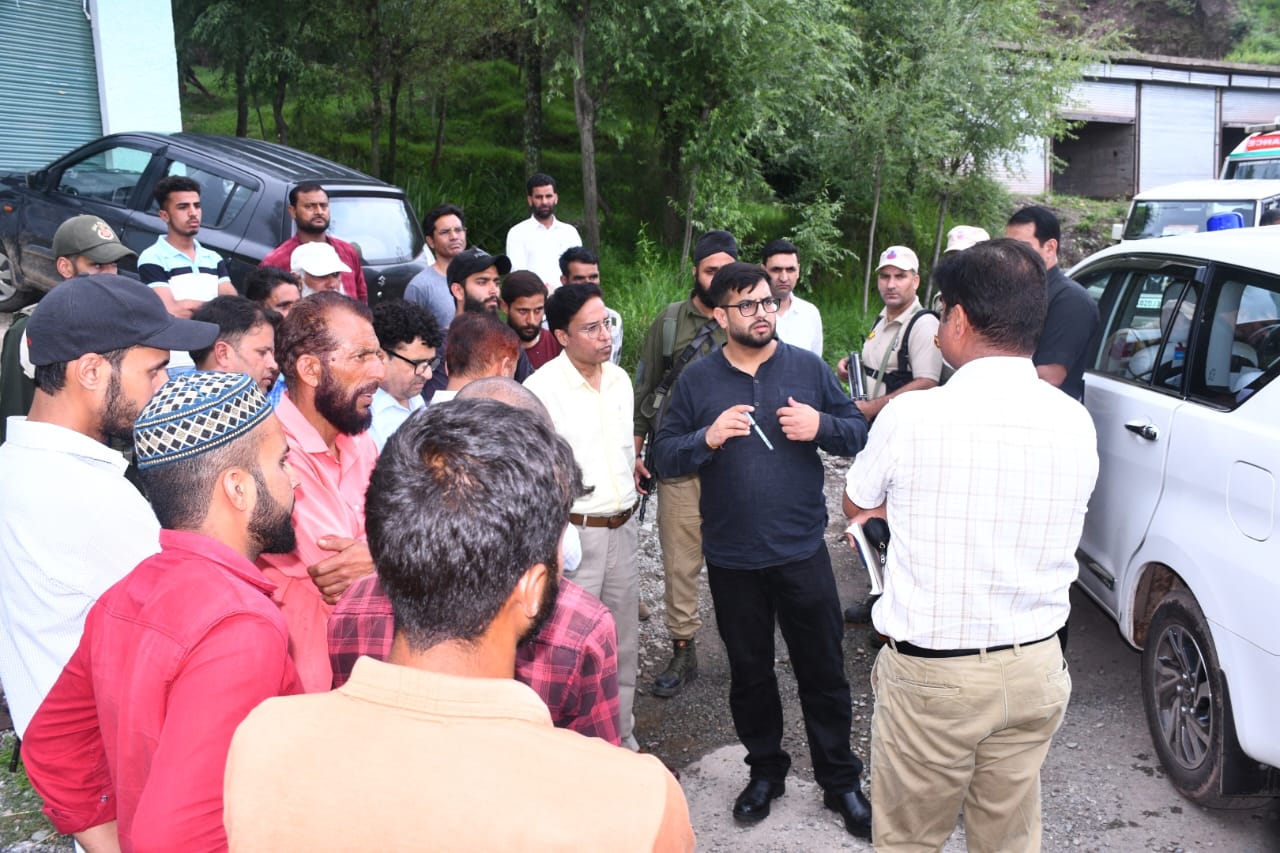From Space Medicine to DNA Vaccines: Union Minister Calls for Synergized, Inclusive Healthcare Model for Viksit Bharat 2047
Indian astronaut Shubhanshu Shukla’s mission to the International Space Station, carrying indigenous life science kits, as a milestone that may soon give birth to a new discipline of Space Medicine
Dual burden of disease, as India simultaneously tackles both communicable and non-communicable illnesses, particularly in the post-COVID era: Dr. Singh
India has successfully conducted its first gene therapy trial for haemophilia, with the results published in the prestigious New England Journal of Medicine
All these successes attributable to early-stage collaboration with private industry: S&T minister
NEW DELHI: While delivering a thought-provoking keynote address at the Doctor’s Day Conclave organized by the ET Times Now, Union Minister of State (Independent Charge) for Science & Technology, Earth Sciences, MoS PMO, Personnel, Public Grievances, Atomic Energy and Space, Dr. Jitendra Singh, who is also a noted Professor of Medicine and Diabetologist, emphasized that India stands at the crossroads of a health-tech revolution and at the threshold of a grand new chapter, with its economy moving from the 10th to the 4th largest globally and the further ascent continuing.
The Minister cited Indian astronaut Shubhanshu Shukla’s mission to the International Space Station, carrying indigenous life science kits, as a milestone that may soon give birth to a new medical discipline: Space Medicine.
Dr Jitendra Singh called for a “synergized, inclusive and futuristic healthcare ecosystem” in alignment with the vision of Viksit Bharat @2047.
“Very soon, we might have a dedicated stream in medical academics called Space Physicians. This is the future we must be ready for,” said Dr. Jitendra Singh.
Addressing the theme of health and demographic change, the Minister spoke of India facing a “bi-phasic challenge” — a rising number of elderly citizens due to increased life expectancy, alongside a youthful population. He explained: “While more than 70% of India is under 40, the elderly population is also growing rapidly. In 1947, the average life span was 50-55 years; today it is nearing 80”.
Dr. Jitendra Singh noted the dual burden of disease, as India simultaneously tackles both communicable and non-communicable illnesses, particularly in the post-COVID era. To address this, he stressed mass screening, early detection, and prevention, calling for greater public-private partnerships and optimal use of technologies like AI, telemedicine, and machine learning.
Highlighting India’s recent global achievements, Dr. Jitendra Singh proudly stated that India has emerged as a global leader in preventive and precision healthcare. He noted that India developed the world’s first DNA vaccine for COVID-19 and an HPV vaccine to help prevent cervical cancer. Further, India successfully conducted its first gene therapy trial for haemophilia, with the results published in the prestigious New England Journal of Medicine.
The Minister also announced the launch of Nafithromycin, the country’s first indigenously developed antibiotic molecule, marking a significant milestone in India’s pharmaceutical innovation landscape.
He attributed these successes to early-stage collaboration with private industry, stating “These achievements were possible because of seamless integration of public and private sectors from the outset.”
Touching upon the need for integrated institutions, Dr. Jitendra Singh revealed that IIT Kanpur and IISc Bengaluru are planning to establish medical schools within their campuses. He also lauded India’s affordable healthcare models like Ayushman Bharat and institutions like Sree Chitra Tirunal Institute in Trivandrum, which integrates research, manufacturing, and clinical care.
In the context of cancer care, Dr. Jitendra Singh emphasized India’s move toward targeted radiation therapy and highlighted Tata Memorial Centre as a pioneer in 100% digital and cashless hospital systems.
He also shed light on India’s hygiene innovations during massive public gatherings like Kumbh Mela, where radiation-based faecal sludge treatment plants (FSTPs)ensured sanitation for over 40 crore pilgrims without health hazards.
On climate-related health resilience, Dr. Jitendra Singh mentioned the recently launched Mission Mausam, focusing on early warning systems for health-related impacts of climate disasters.
Concluding his address, Dr. Jitendra Singh underscored the need for a transformative approach to India’s healthcare future. He called for wider synergy across sectors, emphasizing the importance of collaboration between academia, research institutions, industry, and government. He also advocated for early-stage integration of the private sector in both research and healthcare delivery to ensure sustainability and scalability. Furthermore, he urged institutional innovation, citing proposals by premier institutes like IIT Kanpur and IISc Bengaluru to establish medical schools within their campuses — a step he believes will foster interdisciplinary excellence and create a new model of holistic education and healthcare.
“Let us not hand over everything to the technocrats. A bit of the doctor must remain. We must carry forward both the science and the soul of medicine,” he said.

